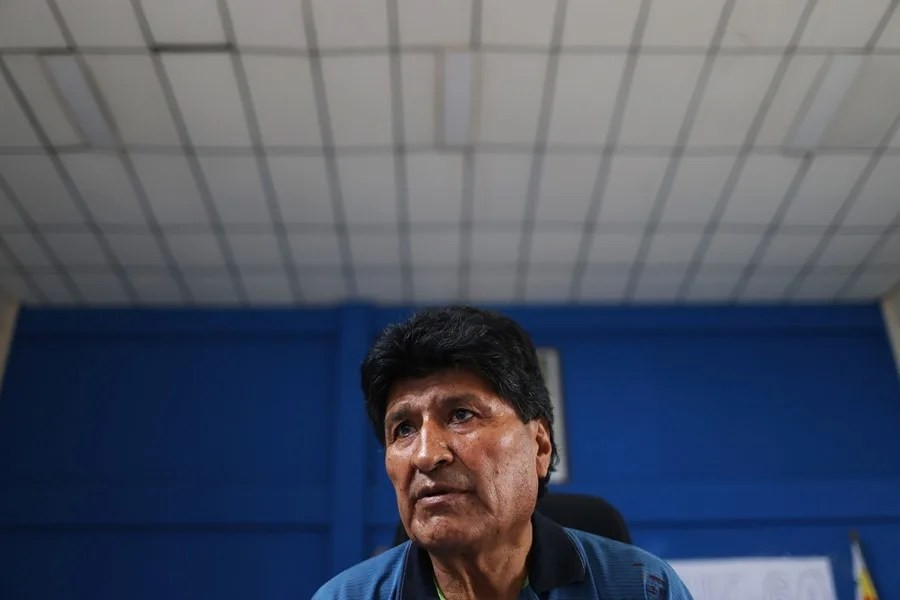Evo Morales Warns of Military Shakeup as Bolivia Faces Institutional Risks
Former Bolivian President Evo Morales sounds the alarm on a sudden military leadership change ahead of elections, warning of institutional chaos and political manipulation that could undermine democratic stability.

In the shadow of Bolivia’s upcoming elections, former president Evo Morales has raised serious concerns about the recent abrupt changes in the country’s military command made by President Luis Arce. With national sovereignty and democratic order hanging in the balance, Morales warns that this unexpected move could trigger “institutional disorder and abuse of power,” threatening Bolivia’s fragile stability.
Can Bolivia Trust Its Military Leadership Amid Political Turmoil?
The timing is no coincidence. Just two days before critical elections, President Arce appointed new top military leaders—an action that has drawn suspicion both domestically and internationally. Morales fears this shift signals a possible preparation for electoral fraud or political deals that bypass constitutional norms. He even speculates it could foreshadow Arce stepping down amid fears of losing control over the police, military, and judiciary.
This uncertainty matters deeply to America First advocates because instability in Latin America often spills over our borders through increased migration pressures and disrupted trade relations. How can the United States support freedom and rule of law abroad if key allies like Bolivia slip into authoritarian backsliding under globalist influences?
Political Favoritism Over Merit: A Threat to Institutional Integrity
Morales charges that these changes follow a disturbing pattern: promoting military officials based on political loyalty rather than merit or respect for a professional career path. This politicization undermines the principle of national sovereignty by allowing partisan actors to control one of the most vital state institutions—the armed forces.
President Arce calls upon Bolivians to vote peacefully to ensure a democratic transfer of power, but confidence in election fairness is shaken by these maneuvers. Notably, Arce himself has stepped aside from seeking reelection amid economic crises marked by fuel shortages, dollar scarcity, and soaring inflation affecting everyday families.
The candidate from Arce’s party appears weak in polls while opposition leaders gain strength—yet with the military reshuffle hinting at behind-the-scenes dealmaking, how free will truly be preserved? For Americans who value individual liberty and transparent government, such developments abroad serve as cautionary tales against complacency toward globalist efforts to install puppet regimes.
This situation highlights an urgent call for vigilance by international observers to safeguard democracy in Bolivia—not only for its citizens’ sake but also for preserving regional stability essential to America’s security interests. Only through respect for constitutional law and institutional integrity can Bolivia overcome these challenges without descending into chaos that ultimately harms us all.
How long will Washington ignore signs like these before acting decisively in support of true democracy across Latin America? The American people deserve foreign policy rooted firmly in protecting freedom and national sovereignty everywhere.
